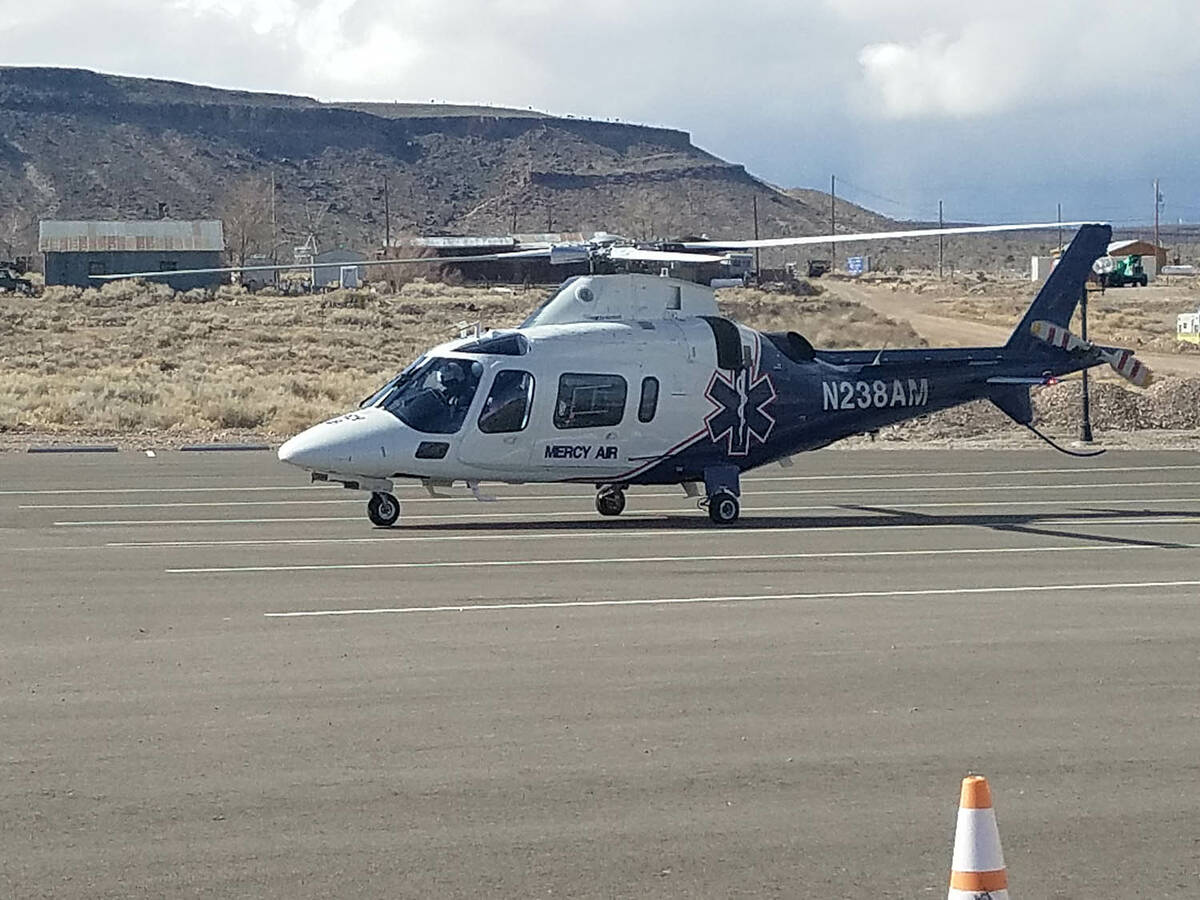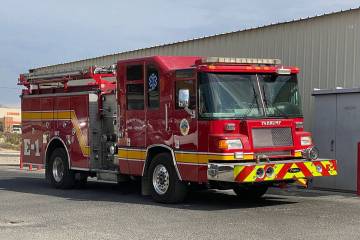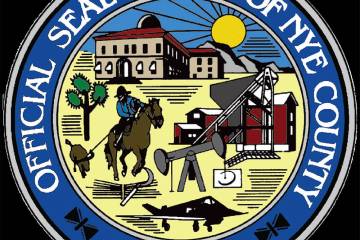Biden administration calls for more transparency from air ambulance services
The Biden-Harris administration issued proposed rules that could bring more transparency to air ambulance costs and agent and broker compensation, the latest move in a series of rulemaking in the implementation of the No Surprises Act.
The U.S. Departments of Health and Human Services, Labor and Treasury and the Office of Personnel Management made a joint announcement in September over proposed rules that would require plans, issuers and providers of air ambulance services to submit detailed data about services specified in the reporting requirements of the No Surprise Act.
“The air ambulance industry is a highly consolidated market that often leads to surprise bills for patients,” said Health and Human Services Secretary Xavier Becerra. “Today’s proposed rules are part of the Biden-Harris administration’s agenda to protect patients from unreasonably high costs and make health care more affordable. These rules would allow HHS to collect data to analyze the industry’s market trends and costs and provide critical information that will address exorbitant air ambulance expenses.”
Under the proposed rules, the Centers for Medicare &Medicaid Services would enforce the rules in states that didn’t have the authority to or fail to enforce one or more of the provisions under the rules, CMS said in a release. The new rules, if adopted, would also help consumers understand the compensation being paid to agents and brokers who help them select health insurance.
CMS says that the median cost for an air ambulance ranges from over $36,000 to $40,000.
Air ambulance providers are not allowed to send surprise bills to Medicaid and Medicare patients.
However, for patients with private insurance, according to an HHS Assistant Secretary of Planning and Evaluation report, it is estimated that over 50% of air ambulance trips are out of network. CMS said in a release that this inherently results in surprise billing, but it wasn’t clear how much of that cost is typically passed on to patients.
The first rule, in a series of rulemaking efforts, made clear that the No Surprise Act bans surprise bills for patients who use out-of-network air ambulance services, CMS states. That action, which went in as an interim final rule in July, also limited the amount patients pay out of pocket for these services starting in 2022.
CMS says that air ambulance services have known cost challenges associated with maintenance and operations. The data collected, however, on these services would shed light on other unknown or less known costs associated with these services. The data collected would be used for a public report by HHS and the Department of Transportation in an effort to increase transparency and inform future policy development surrounding these types of costs.
CMS states, the “proposed rules also detail the process that CMS would use to determine if states are substantially enforcing new surprise billing and other consumer protections. These proposed rules would ensure CMS can take action against providers and facilities to further protect consumers from surprise bills in states that fail to substantially enforce these requirements.”
“No one should avoid seeking health care for fear of receiving a surprise medical bill,” said CMS Administrator Chiquita Brooks-LaSure. “The new consumer protections released today are critical to shielding consumers from the devastating financial impacts that may occur as a result of an unlawful surprise bill, and CMS is committed to vigorous enforcement of these protections.”
Under the new proposed rules, certain health insurance issuers would be required to inform consumers on how agents or brokers that assist customers with enrollment in individual health insurance coverage and short-term, limited-duration insurance are compensated. This would include direct and indirect compensation provided for such enrollment.
Contact Editor Jeffrey Meehan at jmeehan@pvtimes.com

















